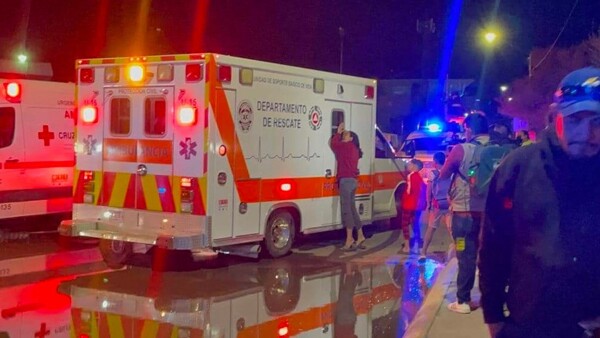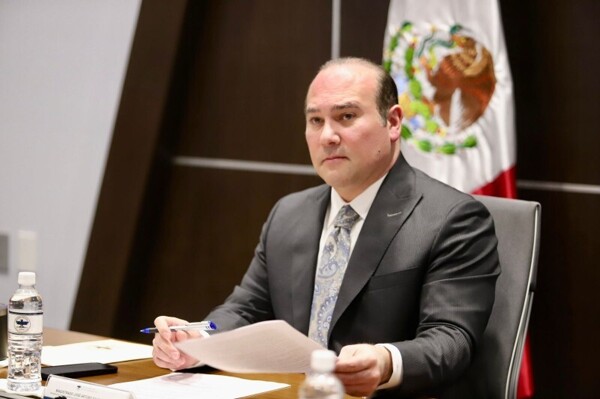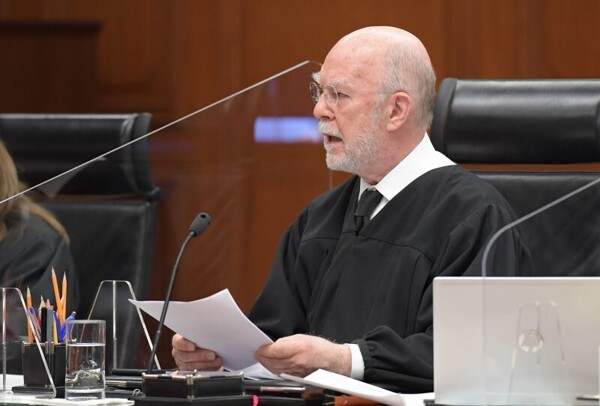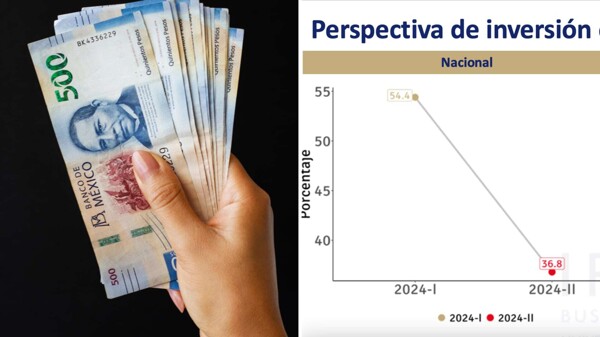
The case of Esmeralda, a 14-year-old teenager from Huimilpan, Querétaro, has generated great outrage across Mexico. After being raped by a close relative and suffering a miscarriage at home, authorities accused her of homicide. Various civil organizations, such as Adax Digitales A.C., have reported numerous inconsistencies in the investigation, highlighting omissions in the case file.
Citlalli Hernández, head of the Secretariat of Women, publicly intervened expressing her concern for Esmeralda's situation. Along with the governor of Querétaro, Mauricio Kuri, they committed to ensuring the protection of the teenager's rights and closely following the legal process.
Esmeralda's case began with a sexual assault that left her pregnant while she was in secondary school. Affected both emotionally and physically, the minor lived in silence and fear during her pregnancy. After suffering a miscarriage at home, the Querétaro Prosecutor’s Office accused her of homicide, surprising many by claiming that the baby was born alive and was asphyxiated.
Esmeralda has categorically denied the accusations, arguing that she was not aware of what was happening in her body due to pain and confusion. This account has sparked a public debate about the shortcomings of the justice system and the difficulties faced by women, especially young Indigenous women, in seeking justice in cases of sexual violence.
Faced with the threat of Esmeralda spending three years in prison and having to pay a fine for allegedly taking her baby's life, numerous people have expressed their support for the young girl and their rejection of the victimization that comes with facing serious charges in a situation of extreme vulnerability. In this context, the teenager only has the support of her father, her younger sister, and feminist collectives to face the legal process.














